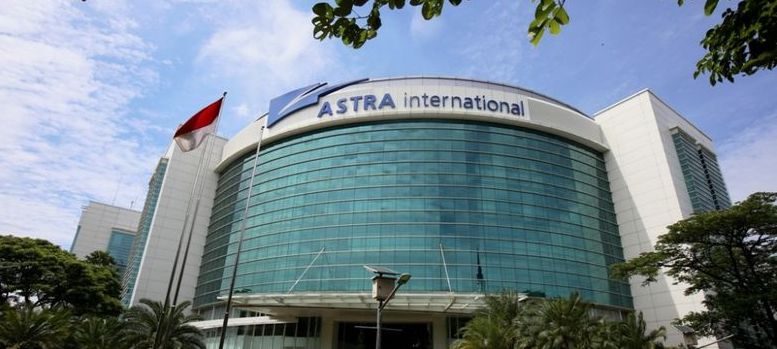HONG KONG — China’s market regulator has reportedly fined 15 after-class tutoring schools a total of 36.5 million yuan ($5.7 million) for false advertising and price fraud, signaling an attempt to ease the cost of education for families as the country tries to boost its birthrate.
Tencent-backed Yuanfudao and Alibaba-backed Zuoyebang, as well as established players New Oriental Education & Technology Group and TAL Education Group, are among the companies hit with fines, the state-run People’s Daily reported.
An official at the State Administration for Market Regulation was reported as saying its investigation showed some of the companies fabricated teachers’ qualifications and user comments, as well as exaggerating the outcomes of the tutoring classes.
Some companies also launched misleading promotional events in which they inflated the price of their instruction and then offered deep discounts to boost sales. “The discounts seem to bring great benefits to consumers, but in reality, they aim to trap parents into buying classes,” the official was quoted by the People’s Daily as saying.
Market regulators in Shanghai and Guangdong also fined several other tutoring schools a total of 24 million yuan for similar offenses.
China is trying to reduce the cost of education for families at a time when attending after-school tutoring has become part of the daily routine for most Chinese primary and middle school students.
The private tutoring industry boomed during the pandemic, as hundreds of millions of students were forced to take classes at home. Many parents turned to private tutors for their children, dissatisfied with the online classes provided by traditional schools.
But the extracurricular study has significantly increased the workload for students, as well as the financial burden on parents, something that discourages many young couples from having children.
China’s population grew at its slowest pace in decades, with an annual growth rate of only 0.53% over the past 10 years, according to the latest government data. While China relaxed its rigid one-child policy years ago and began allowing couples to have three children this week, many balk at the high cost of raising a bigger family.
Reuters reported in May that the authorities are drawing up new rules banning academic tutoring on the weekends and limiting the fees that tutoring schools can charge.





